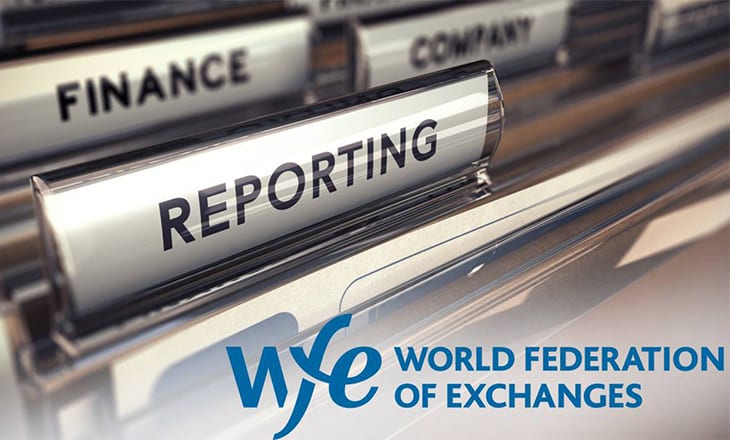The World Federation of Exchanges (WFE), the global industry group for exchanges and CCPs, has published its response to the European Securities and Markets Authority’s (ESMA) consultation paper proposing amendments to the tick size regime in the EU with reference to third country (or, non-EU) instruments.
A summary of the WFE’s response is below:
- Coordination of regulation governing minimum tick sizes encourages competitiveness, competition and international regulatory coherence. A level playing field between venues and jurisdictions is an important means of securing the best outcomes for end-users of financial markets.
- Third-country trading venues are crucially important to the European financial market value chain. Capital flows in either direction between the EU and third countries variously support European businesses and investors, and contribute to the efficient allocation of capital. Choice between EU and non-EU trading venues spurs healthy competition and enables intermediaries to achieve the best possible execution for investors.
- The WFE believes that ESMA’s approach A – the adoption in the EU of the tick size in use in the third country in question – is the best means of achieving ESMA’s stated objectives for amending tick sizes (enhancing the competitiveness of EU trading venues and promoting orderly trading), while also accounting for the interests of investors.
- As not all jurisdictions have tick size regimes, however, and in recognition of ESMA’s interest in accounting for these instruments in its amendments, the WFE acknowledges that recourse to approach D may be necessary (albeit that several practical challenges with this approach would need to be addressed).

Nandini Sukumar
Nandini Sukumar, CEO, WFE said:
EU and non-EU trading venues both support European investors and businesses. It is important that authorities strive for international regulatory coherence and a level playing field between venues. We therefore welcome ESMA’s consultation on amendments to the EU tick size regime, and encourage authorities to find a solution that does not unduly constrain trading or result in competitive distortions.
